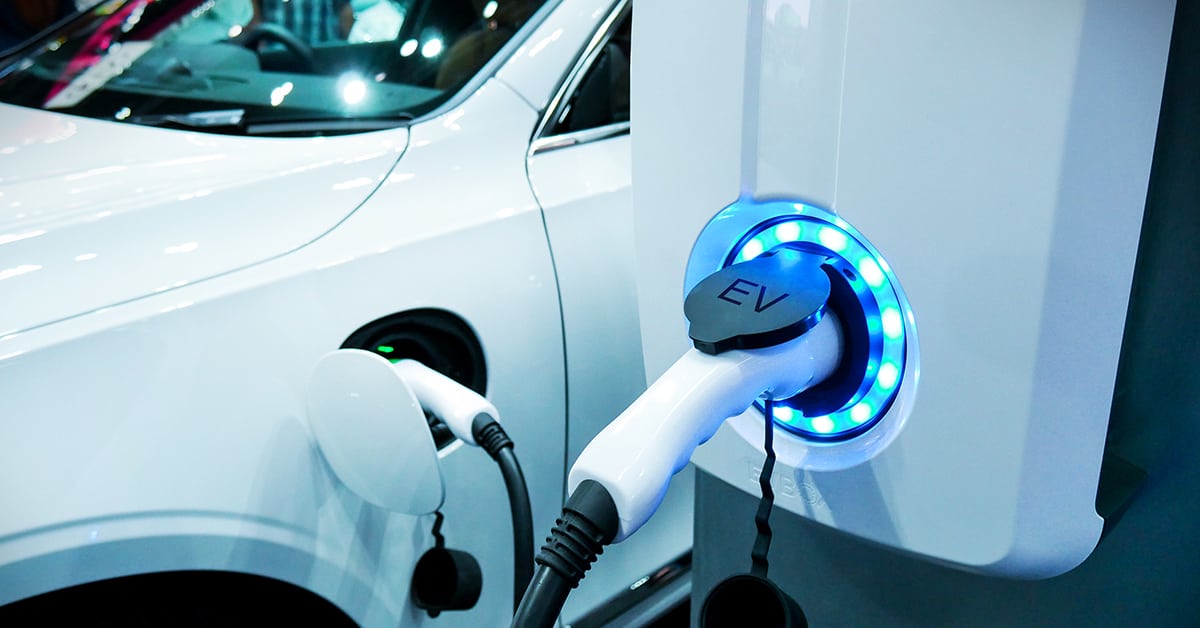Carmakers are opting to skip the middleman and invest directly in mining companies and projects.

Over the past decade, the average battery pack cost for an electric vehicle (EV) fell from $1,200 per kilowatt-hour to about $130 in 2021. The price drop has resulted in the dream of an affordable zero-emissions vehicle for the masses being closer to reality. But with the price for raw materials such as lithium, cobalt and nickel soaring due to supply chain disruptions and increased production costs, carmakers are opting to skip the middleman and invest directly in mining companies and projects.
Since the start of 2021, Fitch Solutions has estimated that at least 21 such investments have been made by manufacturers including Tesla, General Motors, Ford, BMW, Stellantis, Renault and Volkswagen. Still, the new strategy will hardly solve all their problems, as they will increasingly find themselves playing catch-up with Chinese companies: In Europe—the world’s biggest EV market—Chinese cars are forecast to account for up to 18% of the sales in the next three years, primarily because of their rivals’ inability to source essential battery metals. The current supply shortages have only accelerated trends that were already underway. Fitch points out that prices of Chinese-made electric vehicles have decreased significantly since 2015, while US and European models have surged.
Further, by taking over direct production or sourcing processes, Western automakers might face new challenges. Overseeing or bringing in-house operations once performed by refiners, cathode manufacturers and cell producers could divert human and capital resources away from their core business. Incorporating mining investments into a company’s portfolio also presents substantial environmental and social governance risks. Raw materials used in EV batteries are often sourced from countries where workers’ rights are poorly enforced or nonexistent. Mining practices can also take a hefty environmental toll by causing water, soil and air pollution, a reality that runs counter to the promise of the clean energy transition—and a potential scandal waiting to happen for an industry with an already poor ethical track record.



